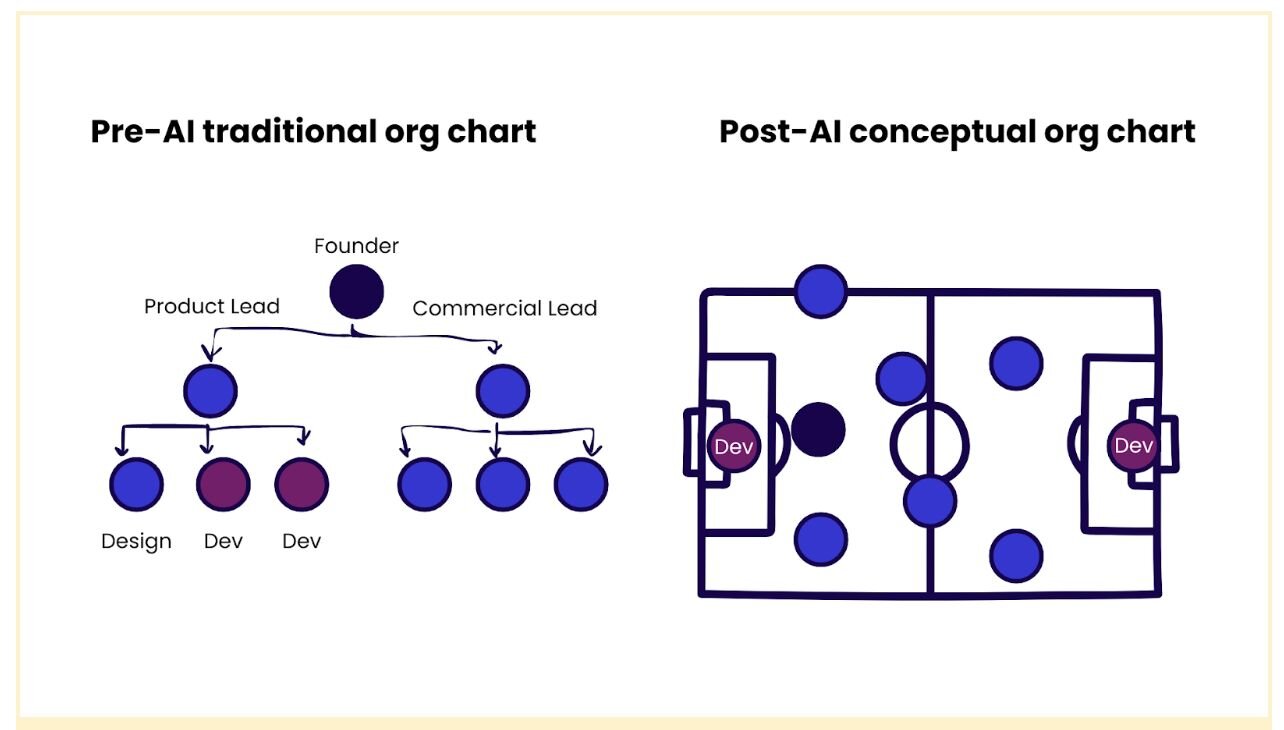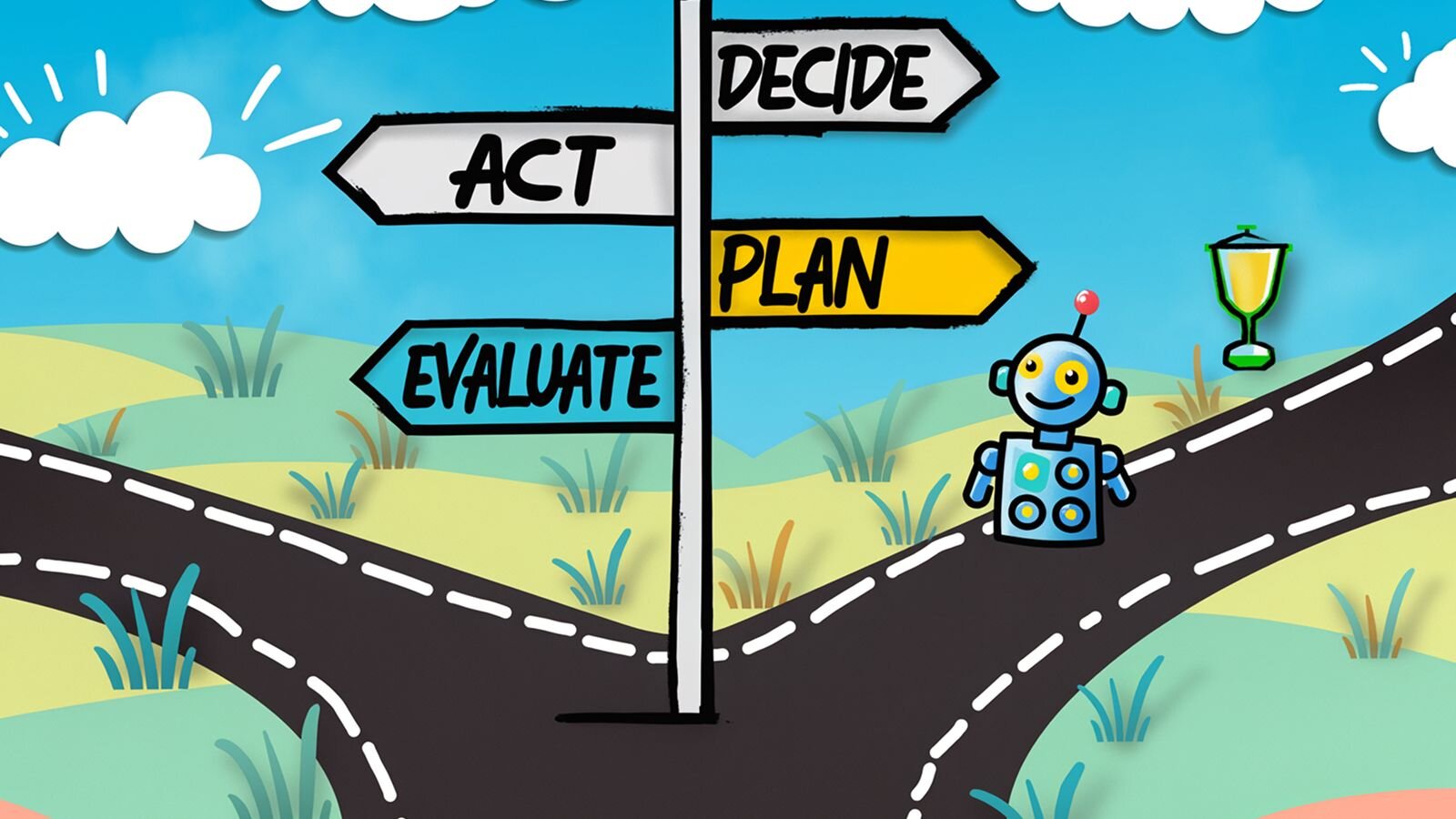Negotiation strategies for product managers: Orchestrating success in product development
Being a product manager entails a vast variety of challenges, especially since the role can come in a large diversity in terms of responsibilities. Soft skills are very important for product managers, particularly because we often need to lead and influence without any actual authority. That’s why negotiation skills are very important. When we think about negotiation, we think about signing contracts and striking deals, but negotiation transcends beyond these conventional perceptions. It’s an integral tool for product managers to navigate complexities, align diverse stakeholder interests, and drive product success.
(Image: Eneida Nieves on pexels.com)
Negotiation at the core: A holistic perspective
Negotiation isn’t just a skill, it’s the very core of effective leadership in the dynamic world of product management and helps you navigate complex challenges, foster collaboration and drive innovation. There are many situations in product management when you need to influence without authority, influence stakeholder collaboration, align team members or optimize resource allocation. Whether you have to balance technical debt with stakeholder expectations and customer requests, negotiation strategies will be crucial in every stage and are needed in order to take a holistic approach to product management.
When negotiation becomes helpful
There are plenty of situations, when you need to balance different interests and perspectives and inspire collaboration. In these scenarios, negotiation becomes indispensable to navigate stakeholder management, prioritization and more.
Picture this common scenario: The marketing team wants you to prioritize a new feature, which they consider to be a game-changer for the product. On the other hand, engineering emphasizes the pressing need to focus more resources on scalability in order to ensure the technical stability of the product. In this case, negotiation becomes the bridge to harmonize conflicting ideas, make sure everyone feels heard and align different goals and priorities.
Negotiation isn’t just a conversation, it’s the key to securing the support you need, whether it’s in the shape of time, human resources or technical requirements. With your negotiation skills you can craft a compelling case to stakeholders to ensure that your product has everything it needs in order to succeed.
Man and Woman Near Table (Image: Fauxels on pexels.com)
Negotiation as an opportunity for connection
We tend to view negotiation as a zero-sum game. I win, you lose. Or vice versa. We might even immediately think about grand business movies, threats, manipulation and dirty strategies. But that’s not what negotiation is or at least has to be.
Every single time, when different opinions, ideas or goals clash, negotiation is your opportunity to strengthen the ties between the different parties and foster collaboration. How?
By not viewing it as a zero-sum game and instead by ideating different possible scenarios, which enable everyone to get most of what they want – and perhaps even things they didn’t consider. By making sure, that it doesn’t turn into a zero-sum game, you enable the different teams to not view each other as opponents, fighting over who wins and can share the best success for their team, but instead collaborate in an environment, where they can trust that everyone works in their best interest and is actively searching for a situation in which everyone wins.
To do this, you need to learn the theory and put it into practice. In the best case, you also establish a negotiation-driven environment.

How to improve your negotiation skills
While everything is easier said than done, negotiation is a very learnable skill. I recommend taking a negotiation course that also entails practical exercises, as this will allow you to gain theoretical knowledge and first practical experience in a safe space, alongside knowledgeable peers. And of course consulting a mentor or receiving guidance from a seasoned negotiator will prove to be of great help to you as well.
Some of the key principles you will learn are:
- If possible look beyond distributive negotiation (zero-sum / win-lose)
- Always go in prepared. Understand what your target point (goal / best case) is, what your reservation point (acceptable case) is and what your alternatives are – or the alternatives of the parties you are working with.
- Think outside the box: What can you offer the other party that is of value to them? Something that they might not even have considered themselves yet.To pick up the marketing and engineering example from before: What are other priority items that might not be as conflicting, as what they are currently proposing? What is something else, you can fix right now, that is already a big step towards their goal or even both or their priorities.
Besides these key-principles, negotiation skills are tied strongly into analyzing everyone involved in the negotiation, but also understanding your own negotiation style and how you can manage your emotions, if things get heated.
Fostering a negotiation-driven environment
Negotiation happens everytime we try to align our goals, whether we actively plan it or not. A negotiation-driven environment consciously taps into negotiation to improve alignment at every stage. It is ingrained into the daily interactions and decision-making process, in order to find common ground, align perspectives and reach agreements. For this purpose open and transparent communication and a collaborative mindset are crucial.
To foster a negotiation-driven environment means to emphasize open communication. Encourage team discussions, where everyone can share their viewpoint and find common ground to enhance the decision-making process and instill a feeling of ownership. You can also look beyond your own department. Negotiating product goals with a cross-functional team, including relevant leaders from other departments, will also foster greater alignment and collaboration.
Engaging in a negotiation-driven environment fosters a culture of flexibility, adaptability and cooperation, which is also important, when it comes to building team resilience.
Embrace negotiation as a core competency
Negotiation will be highly beneficial to you in a vast variety of situations, from team alignment to feature prioritization with different stakeholders. If you’re adept in negotiation strategies, it will enable you to steer your products and teams towards success by balancing diverse perspectives, optimizing resources, and fostering collaborative environments.
Mastering the art of negotiation is also of great importance, if you want to engage in kind and empathetic product leadership and build resilient teams, since open communication and collaboration are also core principles of both of them.
Explore more great product management content by exploring our Content A-Z









